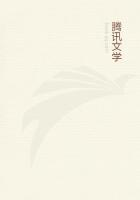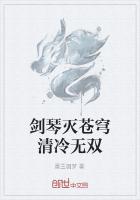Conversely, this girl, whom he had resented, whom he had criticized, who had claimed his notice only by her radical difference from the other girls, had managed, during the few minutes he had first talked with her in the hall, to wound his pride, to spur his ambition, to start him on a course that must end in lasting and material benefit to him even if he failed in ****** a higher record of scholarship than Oka Sayye. It was very certain that the exercise he was giving his brain must be beneficial. He had learned many things that were intensely interesting to him and he had not even touched the surface of what he could see that she had been taught by her father or had learned through experience and personal investigation. She had been coming to the mountains and the canyons alone, for four years doing by herself what she would have done under her father's supervision had he lived. That argued for steadfastness and strength of character. She would not utter one word of flattery. She would say nothing she did not mean. Watching her intently, Donald Whiting thought of all these things. He thought of what she had said about fighting for him, and he wondered if it really was true that any girl he knew would fight for him. He hardly believed it when he remembered some of his friends, so entirely devoted to personal adornment and personal gratification. But Linda had said that all women were alike in their hearts. She knew about other things. She must know about this. Maybe all women would fight for their young or for their men, but he knew of no other girl who could drive a Bear Cat with the precision and skill with which Linda drove. He knew no other girl who was master of the secrets of the desert and the canyons and the mountains. Certainly he knew no other girl who would tug at great boulders and build a fireplace and risk burning her fingers and scorching her face to prepare a meal for him. So he watched Linda and so he thought.
At first he thought she was the finest pal a boy ever had, and then he thought how he meant to work to earn and keep her friendship; and then, as the fire reddened Linda's cheeks and she made running comments while she deftly turned her skewers of brigand beefsteak, food that half the Boy Scouts in the country had been eating for four years, there came an idea with which he dallied until it grew into a luring vision.
"Linda," he asked suddenly, "do you know that one of these days you're going to be a beautiful woman?"Linda turned her skewers with intense absorption. At first he almost thought she had not heard him, but at last she said quietly: "Do you really think that is possible, Donald?""You're lovely right now !" answered the boy promptly.
"For goodness' sake, have an eye single to your record for truth and veracity," said Linda. "Doesn't this begin to smell zippy?""It certainly does," said Donald. "It's ****** me ravenous. But honest, Linda, you are a pretty girl.""Honest, your foot!" said Linda scornfully. "I am not a pretty girl. I am lean and bony and I've got a beak where I should have a nose. Speaking of pretty girls, my sister, Eileen, is a pretty girl. She is a downright beautiful girl.""Yes," said Donald, "she is, but she can't hold a candle to you.
How did she look when she was your age?"
"I can't remember Eileen," said Linda, "when she was not exquisitely dressed and thinking more about taking care of her shoes than anything else in the world. I can't remember her when she was not curled, and even when she was a tiny thing Mother put a dust of powder on her nose. She said her skin was so delicate that it could not bear the sun. She never could run or play or motor much or do anything, because she has always had to be saved for the sole purpose of being exquisitely beautiful. Talk about lilies of the field, that's what Eileen is! She is an improvement on the original lily of the field--she's a lily of the drawing room. Me, now, I'm more of a Joshua tree."Donald Whiting laughed, as Linda intended that he should.
A minute afterward she slid the savory food from a skewer upon one of the pie pans, tossed back the cover from the little table, stacked some bread-and-butter sandwiches beside the meat and handed the pan to Donald.
"Fall to," she said, "and prove that you're a man with an appreciative tummy. Father used to be positively ravenous for this stuff. I like it myself."She slid the food from the second skewer to a pan for herself, settled the fire to her satisfaction and they began their meal.
Presently she filled a cup from the bucket beside her and handed it to Donald. At the same time she lifted another for herself.

